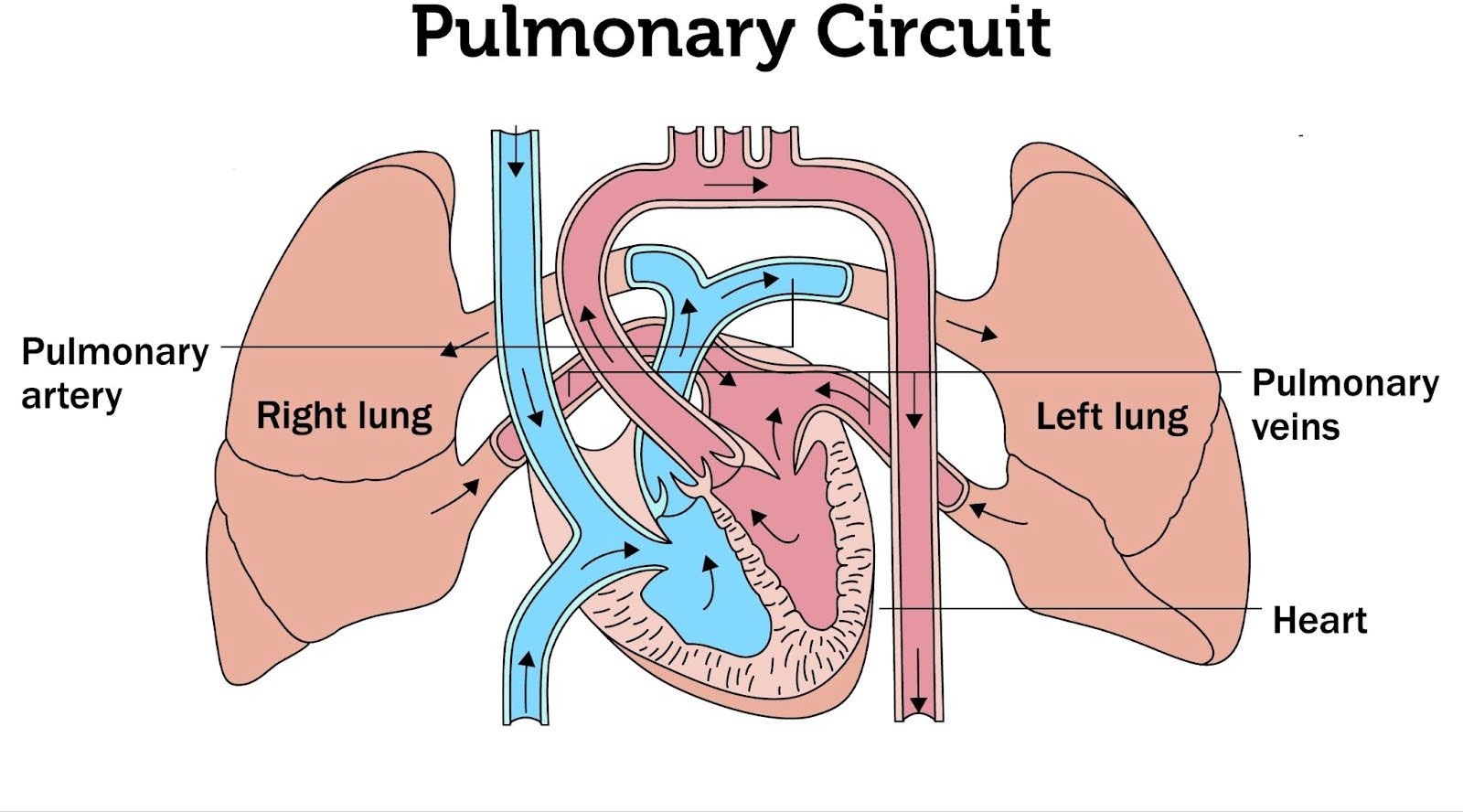A nurse is assisting with the care of a client who is receiving an IV infusion of dextrose 10% in water. The nurse should monitor the client for which of the following adverse effects?
Hyperglycemia
Hypovolemia
Hypercalcemia
Hypokalemia
The Correct Answer is A
Choice A reason: An IV infusion of dextrose 10% in water can cause hyperglycemia, which is an elevated blood sugar
level.
Choice B reason: Hypovolemia, or decreased blood volume, is not a typical adverse effect of dextrose infusion.
Choice C reason: Hypercalcemia, or high calcium levels in the blood, is not associated with dextrose infusion.
Choice D reason: While dextrose infusion can affect electrolyte balance, hypokalemia, or low potassium levels, is not
the primary concern with dextrose infusion.
Nursing Test Bank
Naxlex Comprehensive Predictor Exams
Related Questions
Correct Answer is B
Explanation
Choice A reason: Aluminum-containing antacids are more likely to cause constipation rather than diarrhea.
Choice B reason: Magnesium-containing antacids can cause diarrhea because magnesium can act as an osmotic laxative, drawing water into the intestines and increasing peristalsis.
Choice C reason: While antibiotics can disrupt the gut flora and potentially cause diarrhea, they are not the best
answer when compared to magnesium-containing antacids specifically known for this side effect.
Choice D reason: Anticholinergics/antispasmodics typically reduce gastrointestinal motility, which would more likely lead to constipation instead of diarrhea.
Choice E reason: Opioid narcotics are known to cause constipation due to reduced gut motility, not diarrhea
Correct Answer is B
Explanation
Choice A reason: The left ventricle pumps oxygenated blood into the aorta and then to the rest of the body, not
directly to the lungs.
Choice B reason: The pulmonary artery is the correct answer because it carries deoxygenated blood from the right
ventricle of the heart to the lungs for oxygenation.
Choice C reason: The left atrium receives oxygenated blood from the lungs through the pulmonary veins, so it is not
involved in sending blood to the lungs.
Choice D reason: The pulmonary veins carry oxygenated blood from the lungs to the left atrium, not from the heart
to the lungs.
 |
Whether you are a student looking to ace your exams or a practicing nurse seeking to enhance your expertise , our nursing education contents will empower you with the confidence and competence to make a difference in the lives of patients and become a respected leader in the healthcare field.
Visit Naxlex, invest in your future and unlock endless possibilities with our unparalleled nursing education contents today
Report Wrong Answer on the Current Question
Do you disagree with the answer? If yes, what is your expected answer? Explain.
Kindly be descriptive with the issue you are facing.
